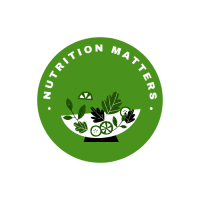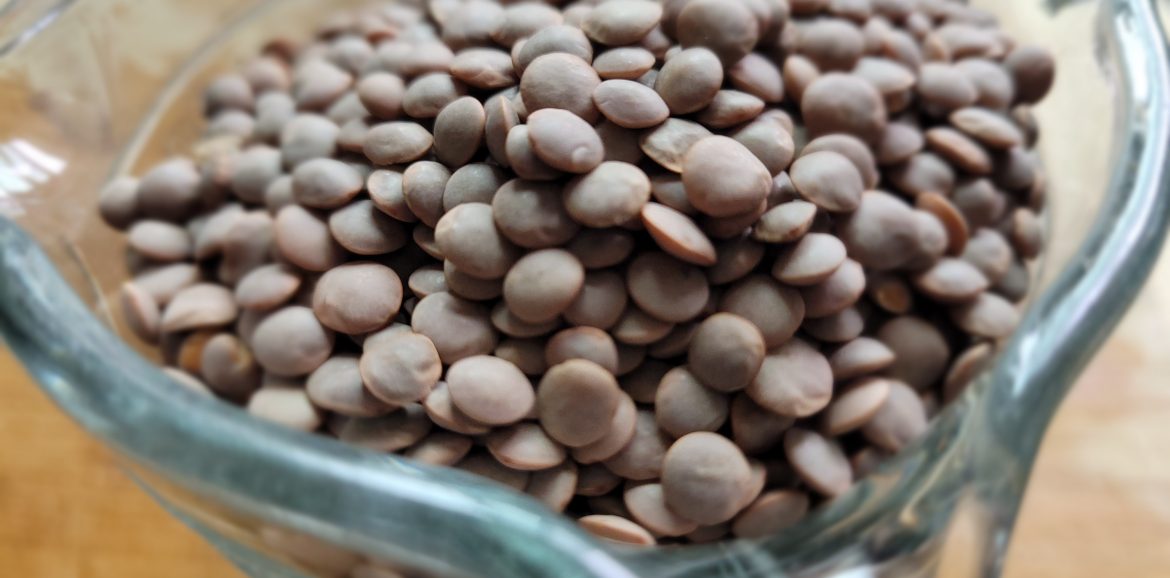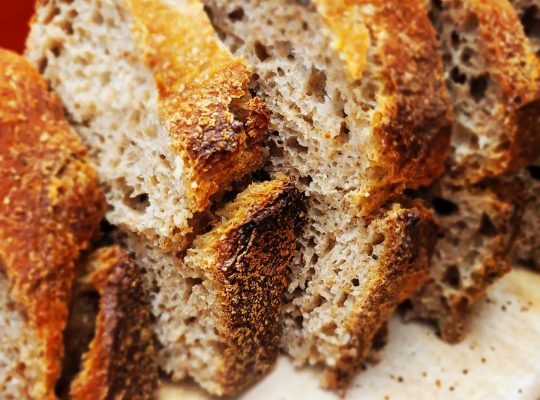Some say cholesterol is bad. Some say it is good. I will say this: cholesterol is neither, but we cannot do without! Every cell in your body, and some more than others, contain cholesterol. That’s right. And you really want it there.
Okay, let’s cut the suspense.
Here’s why you need cholesterol
Cholesterol is an integral part of the cell membrane. That’s a complex structure that surrounds cells, and it ought to be fluid enough to allow for movement of molecules in and out of the cells.
We need cholesterol to manufacture sex hormones (estrogen, progesterone, testosterone), vitamin D, and bile salts. Life without either of those would be a disaster. Oh, and cholesterol is also needed to build the myelin sheath, which is this waxy white substance that wraps around neurons. It provides insulation, which is what we want for a well-functioning nervous system.
Because it’s a fatty compound, hence it cannot circulate through the blood (a watery environment), cholesterol is packaged inside structures called lipoproteins. Imagine dumplings, with a fatty core and an outer protein layer, which are hydrophilic or water-loving, which allows for transporting the fats around.
What helps?
Leaving the thickets of science behind for now, can diet help keep cholesterol levels and our health in the no-risk or at least low risk area? How about exercise and other life factors? Yes, and yes, and yes… and so on.
Whether you have high cholesterol or not, prevention of worse, or any issues goes a long way, more so as we get older.
First thing: dietary cholesterol on its own cannot raise the cholesterol levels in your body, since only a small fraction of it (less than 15 percent) gets converted to a form that the body can internalize. However, some studies have found that high cholesterol diets can impact the gut microbiota and increase the risk of chronic liver disease.
Let’s just assume though that cholesterol alone cannot do much damage. Most of the time though, cholesterol is present in foods that are also high in saturated fat (red meat, dairy products, coconut and palm oil). The more of those foods you eat, the higher the risk of cardiovascular disease due to increased blood lipids levels.
Keep your cholesterol in check
- Eat lots of fibre-rich foods (fruits and vegetables, beans and lentils, greens, whole grains). Fibre helps lower cholesterol levels.
- Consume less meat in general, particularly red meat, which is high in saturated fat.
- If you consume dairy, you are better of consuming fermented products such as yogurt and kefir and no added sugar or other fillers.
- If you like butter, have it in small amounts (don’t use butter to fry food, and in general reduce the amount of frying).
- Use extra virgin olive oil to cook and drizzle on salads (in lower amounts if you are looking to maintain or reduce body weight, given the high caloric content of oils in general)
- Reduce your consumption of foods and beverages that contain added sugar. Ditto for ultra-processed foods, which are often high in fat. All these foods increase the calories you ingest (weight gain and increased blood lipids) and are mostly devoid of nutritional value. Plus, they reduce insulin sensitivity, a risk factor for developing prediabetes and type 2 diabetes.
- Drink enough water and befriend green tea if you haven’t already; it’s been shown to help reduce cholesterol levels and improve blood lipid levels.
- Quit smoking.
- Be physically active aiming for at least 150 minutes of moderate intensity exercise weekly. Start from where you are and go from there. Among others, exercise can increase insulin sensitivity, thus decreasing your risk of cardiovascular disease and type 2 diabetes.
What about eggs?
It’s a toss-up (nerdy joke, but could not resist 😉). If you are in good health and want to have an egg here and there, go for it. They do contain nutrients that, in moderation, can be part of a healthy diet. Long-term data found an association between an increased consumption of eggs and cholesterol plus saturated fats from other sources. Also, if you have been diagnosed with prediabetes or type 2 diabetes, high lipid levels or a history of cardiovascular disease, stay on the safe side and reduce egg consumption.
References







